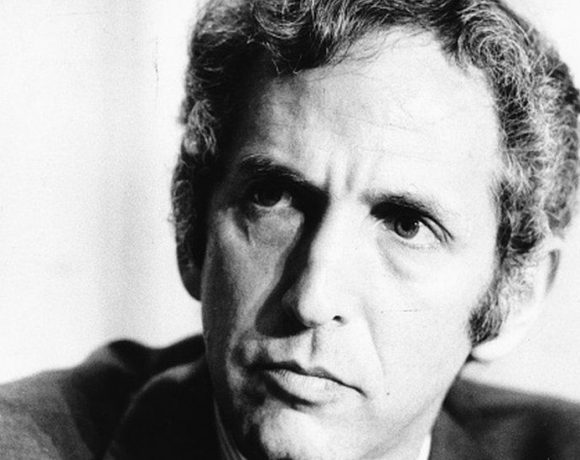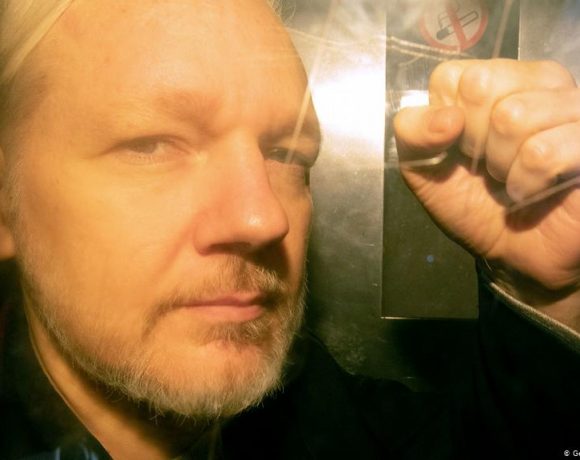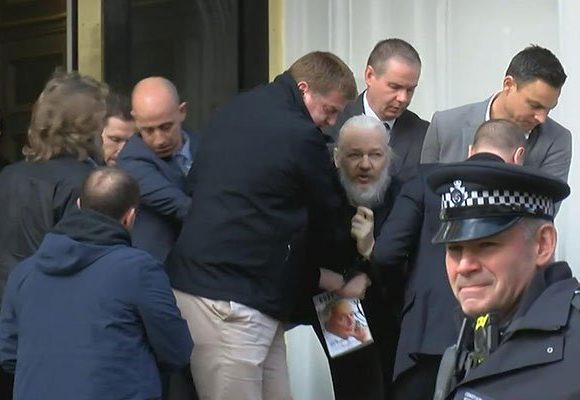
Daniel Ellsberg, the renowned whistleblower who exposed the truth about US involvement in the Vietnam War through the release of the Pentagon Papers, has passed away at the age of 92. He died at his home in Kensington, California, after battling pancreatic cancer. Ellsberg’s actions in leaking the classified documents in 1971 earned him the nickname “the most dangerous man in America” and led to a significant legal battle with the Nixon administration, as they attempted to prevent the publication of the papers in the New York Times.
Despite facing espionage charges, Ellsberg was eventually cleared, and his actions had a profound impact on public opinion regarding the Vietnam War. The Pentagon Papers revealed government deceptions and contributed to the eventual end of the war, as well as playing a role in President Nixon’s downfall. Ellsberg’s courageous act set a precedent for future whistleblowers and established a protection for freedom of the press under the First Amendment.
Throughout his life, Ellsberg remained a vocal critic of government overreach and military interventions. His decision to leak the Pentagon Papers was motivated by his belief that the public’s awareness of the truth could help bring an end to the war. He continued his advocacy for government accountability and transparency in subsequent years, inspiring subsequent whistleblowers like Julian Assange and Edward Snowden.
In recent interviews, even while battling pancreatic cancer, Ellsberg emphasized the importance of whistleblowing and the potential impact it can have in situations where the stakes are high. He believed that even in the face of significant risks, exposing the truth was an obligation when the survival of civilization and the well-being of billions of people were at stake.
Daniel Ellsberg’s legacy as a truth-teller, anti-war activist, and champion of whistleblowers will be remembered by many. His courageous actions and unwavering commitment to revealing the truth have had a lasting impact on government transparency and the public’s right to know.
Picture Courtesy: Google/images are subject to copyright




